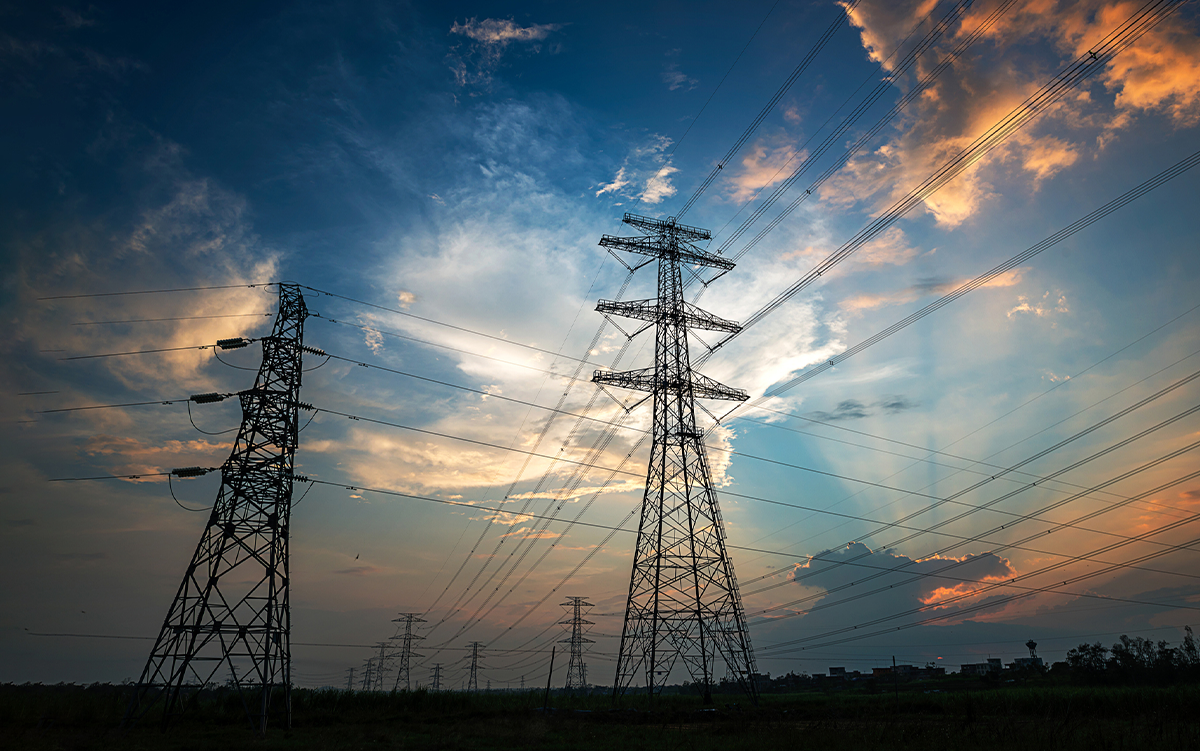In 2020, Illinois’ largest energy utility admitted to orchestrating a bribery scheme involving the state’s top lawmaker. The 7th Circuit federal appeals court now seeks to determine whether Commonwealth Edison needs to pay residents back for the unfettered rate increases.
As reported in Law360 (subscription) and other outlets, on May 17, 2022, Lieff Cabraser partner Jonathan Selbin, co-lead counsel for plaintiffs in Illinois the utility corruption litigation against ComEd, told the Seventh Circuit appeals court that their original allegations that ex-Illinois Speaker Michael Madigan was categorically a “gatekeeper” who had the power to decide what bills would pass in the Illinois house were indeed enough to survive dismissal, in part because Commonwealth Edison has already confessed to bribing Speaker Madigan.
Lieff Cabraser and co-counsel represent Illinois power customers and ratepayers in a federal bribery class action lawsuit filed in August 2020 in Illinois against Commonwealth Edison. The suit alleges a corrupt scheme under which Commonwealth Edison funneled payments to the Speaker of the Illinois House of Representatives over many years to ensure passage of bills permitting ComEd to charge dramatically higher electric rates in Illinois dating back to 2011, by imposing mandatory rate changes and arranging for significant corporate subsidies.
“Madigan and his fellow-racketeers have used their power as public officials to line their own pockets by infiltrating and corrupting both public and private enterprises subject to his power and selling secret and unlawful indulgences to the highest bidder.” —Class action complaint
ComEd admitted to a federal bribery charge in 2020, paying and steering jobs to several close associates of former Illinois House Speaker Michael Madigan between 2011 and 2019. In exchange, as alleged in plaintiffs’ original complaint, Madigan and his associates successfully worked to enact laws that boosted ComEd’s profits by raising customer electricity rates. The class claims these inflated electricity rates resulted in its members collectively and unfairly paying ComEd over $5 billion through the 2010s.
In September 2021, the district court dismissed the claims that the utility violated Federal RICO anti-bribery and corruption laws due to what it described as insufficient allegations of a direct relationship between the admittedly illegal conduct and the demonstrated increases in electric rates for customers.
“The reason we know that matters is because they bribed him,” Selbin explained. “They bribed the one guy who could do this. And they admitted they bribed the one guy who did this.”
The plaintiffs are challenging the lower court’s finding that the bribes paid to Madigan did not form a sufficiently direct causal path to the legislature’s passage of the extreme rate-hike-enabling legislation. As Lieff Cabraser partner Jonathan Selbin, who leads Lieff Cabraser’s work on behalf of Illinois power customers in the case, noted, ComEd did not have to bribe everyone else in the legislative branch of the Illinois government for plaintiffs’ to demonstrate proximate cause under RICO’s racketeering elements, because before Madigan was forced to resign over his scandalous conduct, he was the most powerful politician in Illinois and controlled not only the General Assembly, but also the state’s entire democratic party.
“The reason we know that matters is because they bribed him,” Selbin explained. “They bribed the one guy who could do this. And they admitted they bribed the one guy who did this.” In his argument, Selbin compared ComEd’s bribery of Madigan and associates to an arsonist lighting fires in a high wind: An arsonist wouldn’t need to personally torch a building in such conditions, as the wind itself would carry the flames, and ultimately any fire damage that occurred would still be the clear result of the arsonist’s actions.
Selbin further noted that the customers adequately alleged that Madigan had power equivalent to a governor, and that he was the gatekeeper of what bills passed in both chambers of the legislature. Notably, ComEd entered into a deferred prosecution agreement in July 2020 in which it agreed to pay $200 million and acknowledged the benefits resulting from the passage of that legislation exceeded $150 million. For his part, ex-Speaker Madigan has since been indicted on racketeering and bribery charges and accused of leading a criminal enterprise for nearly a decade.
The Panel’s decision will determine the disposition of the case going forward.
Contact us
Use the form below to contact a lawyer at Lieff Cabraser.














